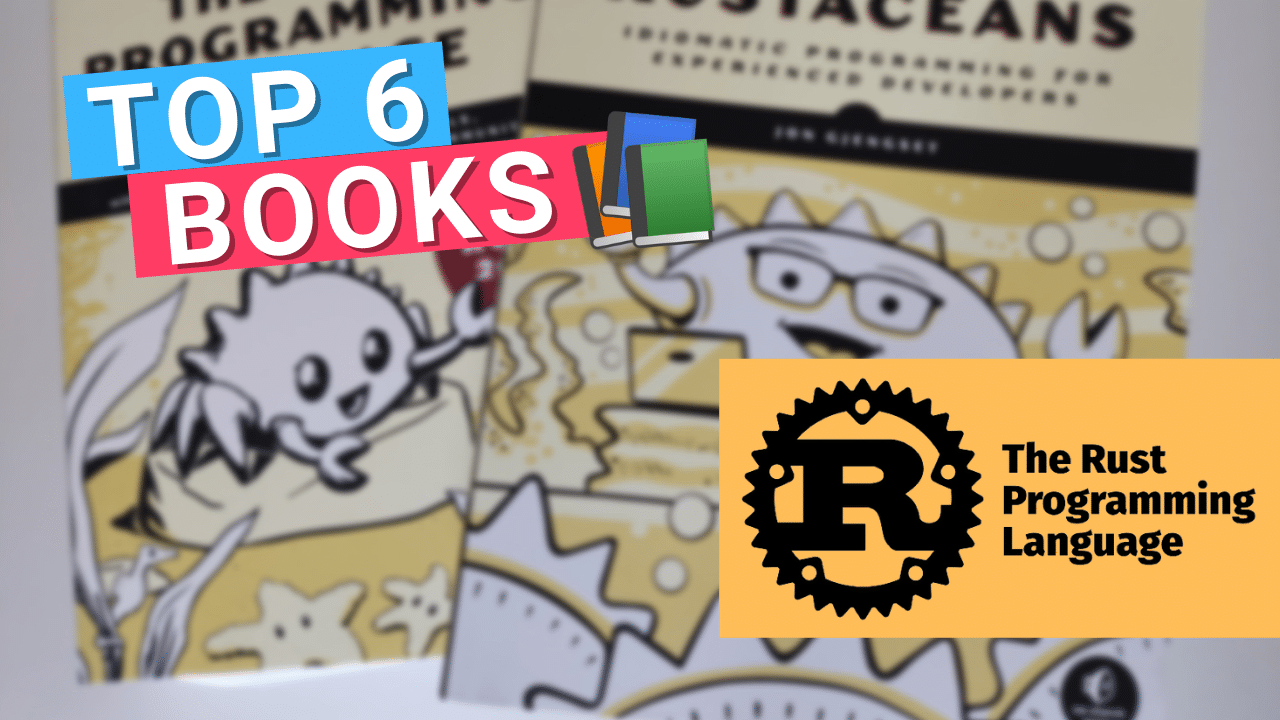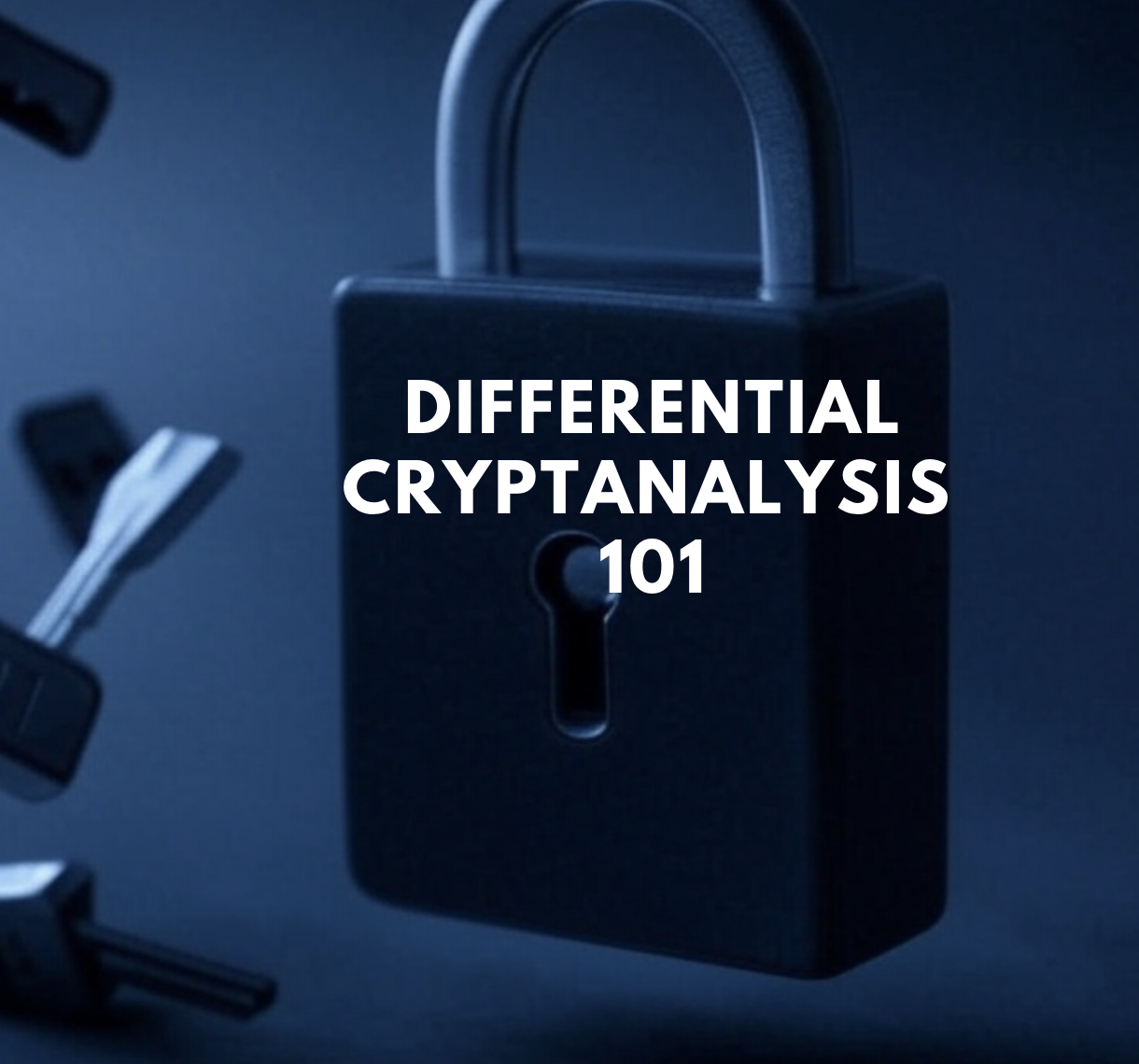Reversing Modern Binaries: Practical Rust & Go Analysis
Master the Art of Rust & Go Reverse Engineering: Demystify Rust’s Inner Workings and Strengthen Your Cybersecurity Skills!
Unlock the secrets of Rust & Go with this hands-on training. Learn the essentials of reverse engineering, dive into Rust’s compilation and runtime mechanics, and master tools like Ghidra and GDB. Through practical exercises, gain the skills to analyze Rust binaries, tackle obfuscation, and strengthen your cybersecurity expertise. Perfect for those ready to explore the cutting edge of reverse engineering!
⏳ 32 hours | 🔄 Last updated : 26/01/2025









